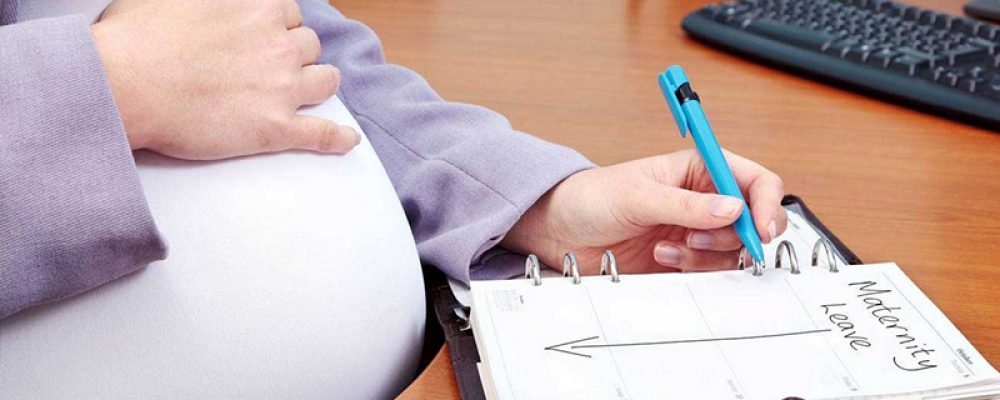Extending the maternity leave for the private sector is an essential step to achieving social justice.
Mothers working in the UAE’s private sector must be granted longer maternity leave, said Sheikha Bodour bint Sultan Al Qasimi, chairperson of Sharjah Baby-Friendly Office (SBFO), joining the world in marking the 100th anniversary of international labour standards on maternity protection.
“There is no doubt that many private sector companies are fully committed to providing a supportive work environment for working mothers, yet there remains a need to expand and continue these efforts to keep up with new challenges that women face in the workplace,” Sheikha Bodour said.
“Extending the maternity leave for the private sector is an essential step to achieving social justice and true women’s empowerment. For many women, motherhood is an essential element of life. We cannot truly empower women if we fail to protect maternity.”
Under the UAE’s Labour Law, women in private firms are entitled to 45 days of full pay for maternity leave and dedicated breastfeeding hours for 18 months post-delivery.
Those working in government departments, however, are granted three months.
“More than five years ago, under the directives of His Highness Sheikh Dr Sultan bin Muhammad Al Qasimi, Member of the Supreme Council and Ruler of Sharjah, our emirate became the first in the UAE to grant a 90-day maternity leave to all mothers working in Sharjah’s government departments. It is because family systems are at the core of Sharjah’s vision of human-centric development,” Sheikha Bodour said.
The decision was linked to the emirate’s baby-friendly project, which was launched in 2011 with an aim to establish a healthy life for children and mothers, the SBFO chairperson explained.
“Sharjah’s concerted efforts bore fruit when the emirate was named the world’s first Baby-Friendly City in 2015 by the World Health Organisation and Unicef.”
Protecting mothers since 1919
Women’s right to paid leave with childbirth was officially recognised worldwide in 1919 at the Maternity Protection Convention, which was held during the first International Labour Conference (ILC), according to the International Labour Organisation (ILO).
“Today, as the world celebrates 100 years since women won the right to paid leave relating to childbirth … we salute the women who made this possible with their strong advocacy for women’s rights,” Sheikha Bodour said.
Over the course of its history, the ILO’s member-states have adopted three conventions on maternity protection (1919; 1952; 2000).
These conventions have progressively expanded the scope and entitlements of maternity protection at work and provided detailed guidance orienting national policy and action.
So far, 72 ILO member-states have ratified at least one of the maternity Conventions.



